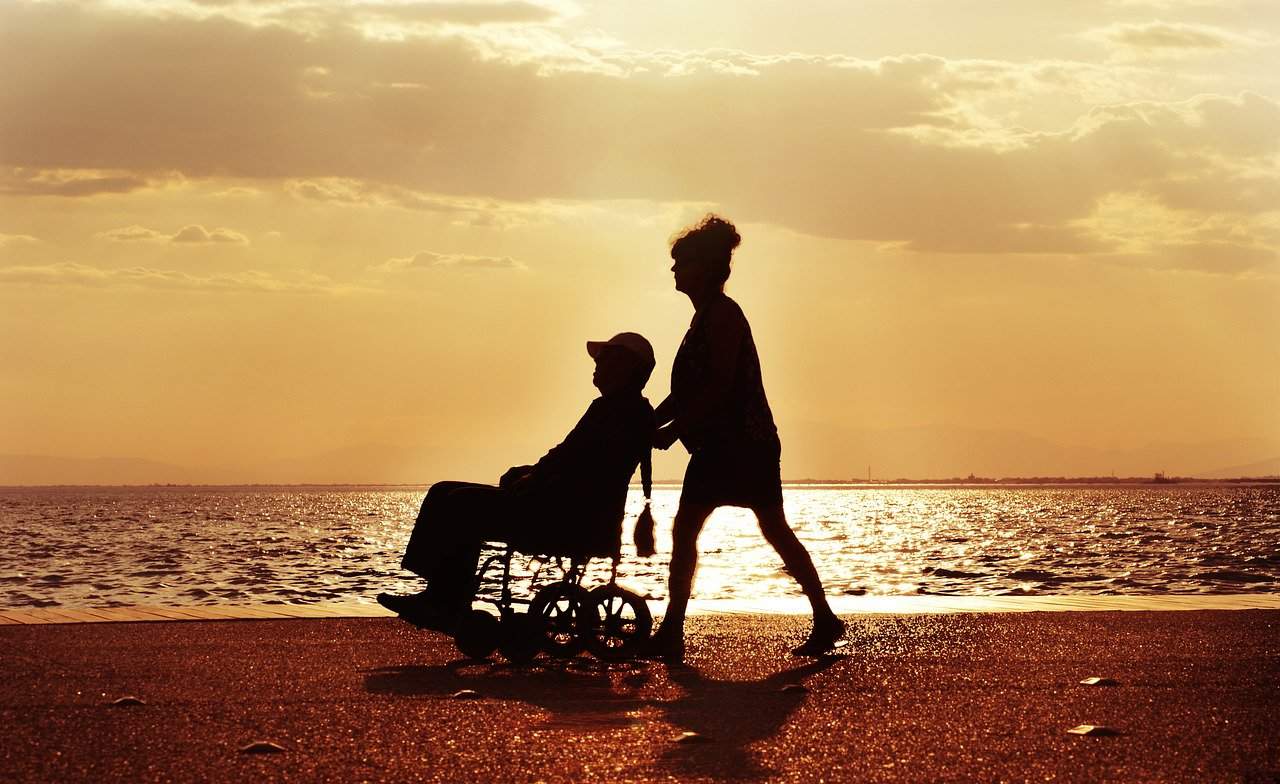Colombia is now a more difficult country for retirement by falling to 42nd place among 44 markets evaluated in Natixis Investment Managers’ Global Retirement Index – GRI ranking, the report’s authors reported Tuesday, September 13.
The Global Retirement Index 2022 shows that Colombia fell from 40th place, dropping from an overall score of 45% to 34% in this global ranking that includes 18 performance sub-indices, grouped into four thematic indexes.
These cover aspects considered essential in these markets, such as the material means to live comfortably in retirement, access to quality financial services to help preserve the value of savings and maximize income, access to quality health services, and a clean and safe environment.

In the Finance in Retirement sub-index, Colombia ranked 17th with a score of 62%, the same result as last year, but well below 69% of 2012, when the first version was conducted.
In Health, it ranked 37th with a score of 60%, slightly below the 60% of 2021 but better than the 42% of 2012.
In Quality of Life, it ranked 38th, with a score of 56% in 2022, which contrasts with 59% in 2021 and 72% in 2012.
And finally, in Material Well-being, it obtained its worst score at 43rd place, with a score of 6% in 2022, a significant drop compared to 19% in 2021 and 15% in 2012.
The reform proposed by Gustavo Petro aims at having Colpensiones, the public scheme, and the private pension funds continue to coexist in the pension system.
In practice, contributors would contribute to the public Colpensiones fund up to a certain level of the contribution base (maximum four minimum wages).
And those who exceed that base may choose a private fund with individualized accounts, where they will contribute the rest of their contribution to voluntary pensions.
He explains that “a pension bonus of COP 500,000 per month (about US$112 today), half a minimum wage, should be given to 3 million people (who today do not have a pension and are vulnerable), which represents COP 18 billion per year”.
GLOBAL RESULTS
The list was led by Norway, which regained first place after four years in third place, followed by Switzerland and Iceland.
The other countries in this year’s top 10 were Ireland (4th), Australia (5th), New Zealand (6th), Luxembourg (7th), the Netherlands (8th), Denmark (9th), and the Czech Republic (10th).
In Latin America, the best-ranked countries were Chile (32nd) and Mexico (36th), while the situation in Brazil is a cause for concern, as it sinks to 43rd place, only ahead of India, which is in last place.
The authors of the report state that “retirement security around the world is under increasing pressure as inflation, a volatile market environment, and low interest rates affect pension funds.”
“When the GRI was first published ten years ago, the risks to retirement security around the world were clear: aging populations, pension funding shortages, and an uncertain economic environment.
“While these fundamental issues remain the same ten years later, the results at the country level have changed significantly,” he adds.
Given all the macroeconomic challenges mapped out this year, Natixis Investment Managers concludes that “2022 could be one of the worst years to retire in recent times, as retirees risk not only taking pension income from an already depleted asset pool but will have to take greater risks with portfolios to make up ground already lost.”
Inflation is one of the factors of most concern after most of the last decade; it “has been exceptionally low,” according to Natixis Investment Managers.
“Between 2012 and 2020, inflation in the 38 OECD member countries averaged just 1.76%. However, in the first half of this year, inflation increased for those 38 countries, reaching a peak of 9.6 % in May 2022″.
It is a decisive factor for retirees’ future as it makes them rethink their planning in many cases in the face of higher living costs that pressure household economies.
“The significant increase in oil, food, and housing prices are reducing the purchasing power of pensioners and are a fundamental economic lesson for those planning their retirement.
“In addition, financial professionals worldwide say that underestimating the impact of inflation is the number one mistake investors make in their retirement planning,” the report said.
With information from Bloomberg

